Course Description
The AP Chemistry course is held twice a week, on Tuesdays from 3:30–5:00 p.m. OR Thursdays 9:00–10:30 a.m. ET AND Fridays from 2:00–3:00 p.m. ET.
This course aims to ensure that the student is prepared to succeed in college chemistry and to be ready for the AP Chemistry Exam. This is accomplished by teaching all the AP Chemistry Course and Exam Description topics and completing the required labs. The emphasis in this class is placed on the application of chemical concepts with real-world applications.
The course is organized around the four big ideas and is aligned with the six science practices. Laboratory experiments are conducted to complement the material being learned. The experiments will include 16+ formal labs, many of which are inquiry-based and many minilabs. Each of the topics within the nine units is covered in-depth, and the students will be assessed after completing each topic unit. Students should expect to work independently and be prepared for college-level work. This course requires a significant time investment to cover all the required material. In addition, a summer assignment will be required of all course participants. The live class will consist of hands-on labs, demos, and problem-solving sessions. Outside classwork will include textbook and online readings, problem sets, topic worksheets, videos, and online laboratory investigations. In addition, four projects will be assigned to students throughout the course.
Big Ideas
- Big Idea 1: Scale, Proportion, and Quantity (SPQ)
- Big Idea 2: Structure and Properties (SAP)
- Big Idea 3: Transformations (TRA)
- Big Idea 4: Energy (ENE)
Science Practices
- Models and Representations – Describe models and representations, including across scales.
- Question and Method – Determine scientific questions and methods.
- Representing Data and Phenomena – Create representations or models of chemical phenomena.
- Model Analysis – Analyze and interpret models and representations on a single scale or across multiple scales.
- Mathematical Routines – Solve problems using mathematical relationships.
- Argumentation – Develop an explanation or scientific argument.
Units
- Unit 1: Atomic Structure and Properties
- Unit 2: Molecular and Ionic Compound Structure and Properties
- Unit 3: Intermolecular Forces and Properties
- Unit 4: Chemical Reactions
- Unit 5: Kinetics
- Unit 6: Thermodynamics
- Unit 7: Equilibrium
- Unit 8: Acids and Bases
- Unit 9: Applications of Thermodynamics
Supplies Needed
- Chemistry Bound Lab Notebook with graph paper
- Sharpened pencils with eraser
- Pens – Blue/Black and Red
- Colored Pencils
- Index Cards/Post-it Notes
- Scientific Calculator Required (a calculator with graphing capabilities preferred but not required)
Lab Materials List will be sent 4-6 weeks prior to the start of the course.
Course Structure
This course meets twice per week, one day for lecture and problem-solving and the other for labs, for a total of 2.5 hours of instruction.
The course is organized around the four big ideas and is aligned with the six science practices. Laboratory experiments are conducted to complement the material being learned. The experiments will include 16+ formal labs, many of which are inquiry-based and many minilabs.
Each of the topics within the nine units is covered in-depth, and the students will be assessed after completing each topic unit. Students should expect to work independently and be prepared for college-level work. This course requires a significant time investment to cover all the required material. In addition, a summer assignment will be required of all course participants.
The live class will consist of hands-on labs, demos, and problem-solving sessions. Outside classwork will include textbook and online readings, problem-sets, topic worksheets, videos, and online laboratory investigations. In addition, four projects will be assigned to students throughout the course.
Who should enroll?
This class is for students in grades 10-12 who have completed a basic biology and chemistry course as well as Algebra 1.
Prerequisites: Biology, Chemistry and Algebra 1. A summer assignment will be posted July 1st and will be due the first day of the course.
Technology Requirements
- High speed, broadband Internet
- Sound card and microphone (for live sessions)
- Streaming video capabilities to watch recorded lectures
- Computer
- Scanning capabilities (phone, iPad, tablet, or scanner)
- Printer
- Microsoft or Google products (MS Word, MS Excel, PowerPoint, Google Docs, Google Sheets, Google Slides)
Evaluation and Feedback
- All grades will be available in Canvas for students and parents.
- Assignments will be graded within one week of submission, unless otherwise specified.
- Students will be evaluated through performance on quizzes & tests, mini-laboratory investigations, formal lab reports, homework, and independent projects.
- A progress report will be given mid-semester and at the end of a semester. Parent conferences are available upon request.
- Mastery Checks (i.e. Quizzes) will comprise 20 %, Assessments (Unit Tests & Semester Exam) will comprise 20 % , Labs & Mini-Labs 25%, Assignments 15%, Professionalism 10% & and Projects 10%.
Communication
Parents and Students may contact me through Canvas. I will respond within 48 hours to all communications. Please do not hesitate to contact me or ask questions.
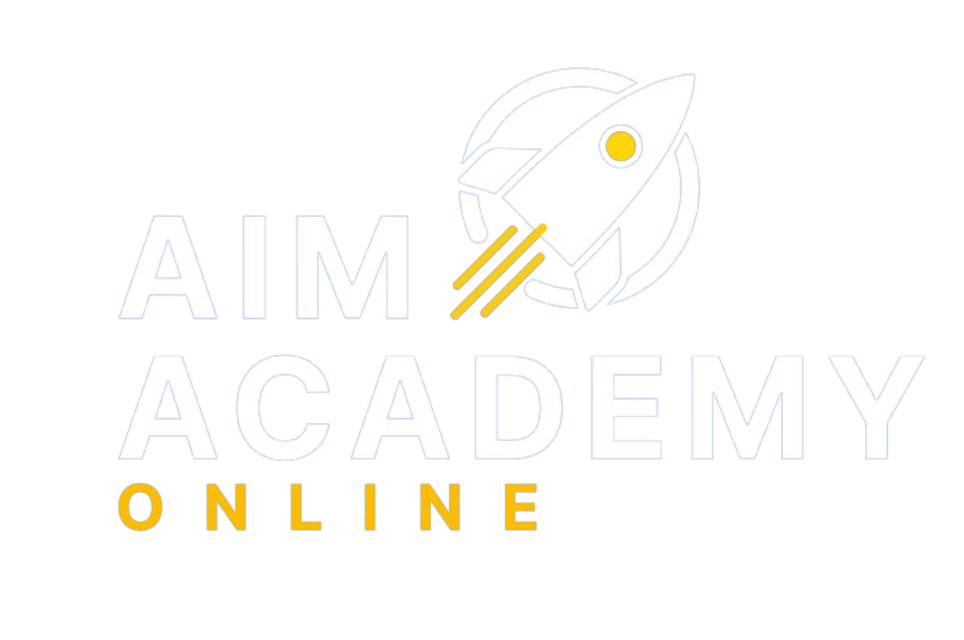
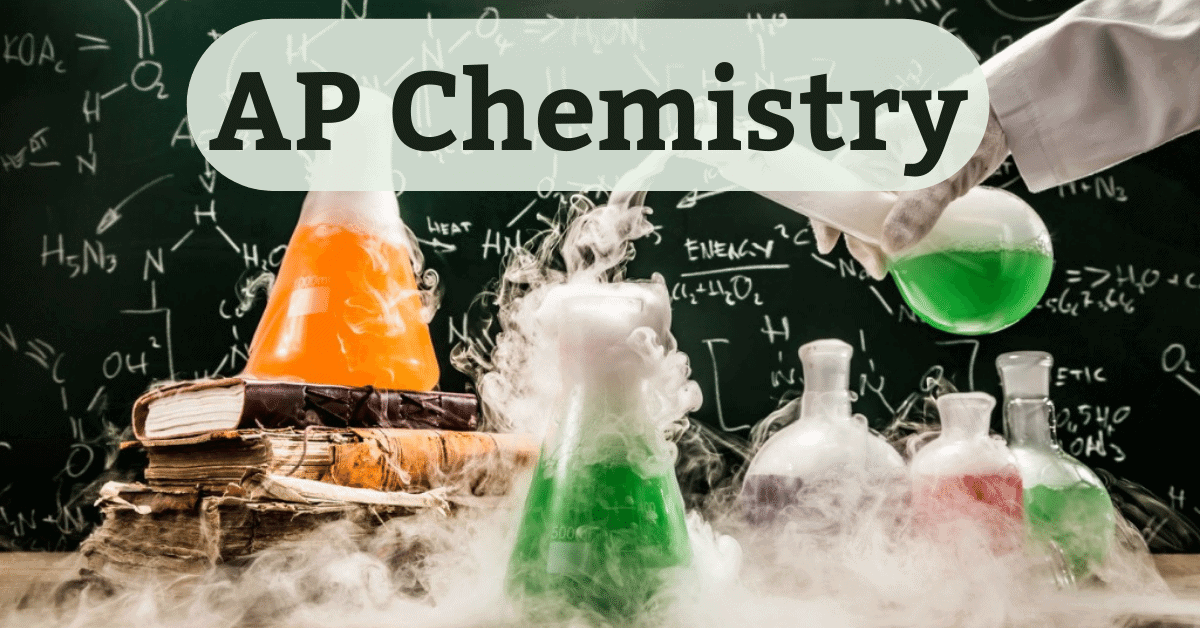


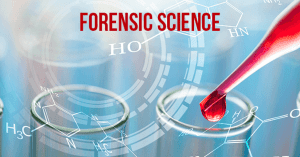
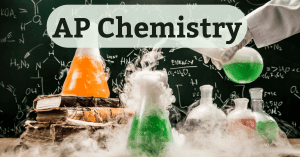
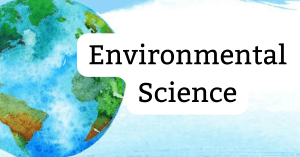
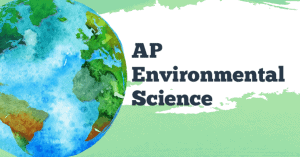
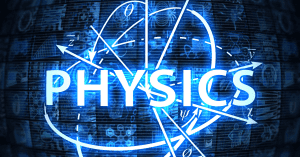
Helen Dickens –
Lisa is a great teacher! She loves science and it shows in how much fun she has in class. She does lots of lab activities so class isn’t dry or dull and is happy to give extra help if a student needs it.